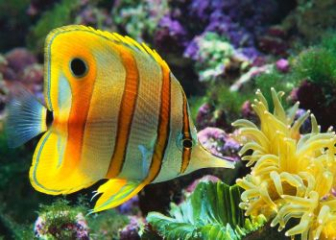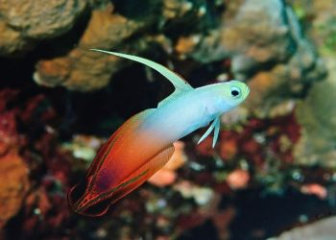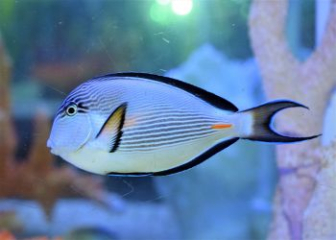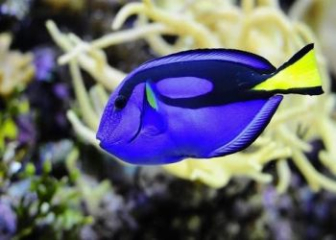Pleco Fish - Learn about information, characteristics, and habits of glass cleaning fish
Blog | by
Pleco fish (Glass cleaner fish, tank cleaner fish, and pleco fish) is a unique ornamental fish with a thorny appearance and impressive "tank cleaning" ability, a long lifespan of 10 - 15 years, and good reproduction.
Pleco fish is not only an ornamental fish with an impressive appearance with hard, thorny scales, but it is also a useful species that helps you clean the aquarium super effectively. With many variations in patterns and colors from pure black, brown, black with white spots, zebra... this fish will be an interesting highlight for your aquarium.
In today's article, let's learn in detail about the origin, appearance, habits, care, and breeding of Pleco fish with nice fish!
Pleco fish information :
| Scientific name | Hypostomus plecostomus |
| Common name | Glass cleaner fish, tank cleaner fish, glass cleaning fish, pipa fish |
| Species | Animalia - Animals |
| Branch | Chordata - Chordates |
| Class | Actinopterygii - Ray-finned fishes |
| Set | Siluriformes - Catfish, channel catfish |
| Surname | Loricariidae - Largest catfish |
| Source | Fish temperature |
| Size | Up to 70 cm long, weighs up to several kg |
| Lifespan | Average 10 - 15 years |
Origin of Pleco fish
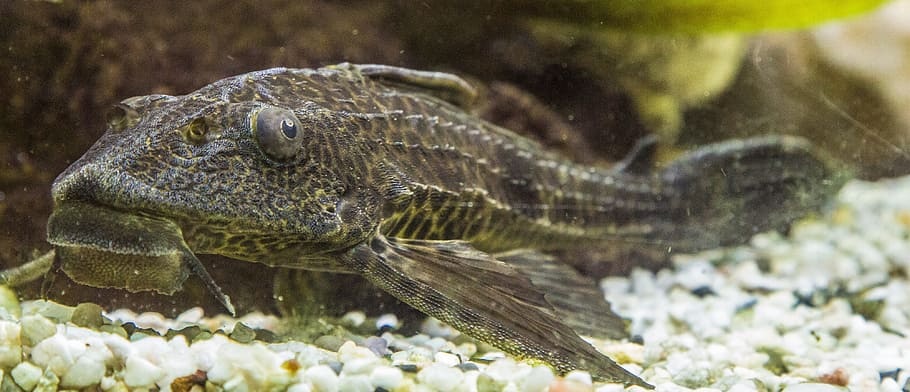
Plecos are tank cleaner fish.
Pleco fish, also known as glass cleaner fish, aquarium fish, and pleco fish, has the scientific name Hypostomus plecostomus. This is a tropical fish, originating from South America, mainly large river systems such as the Amazon. Orinoco and Parana.
Nowadays, they are imported and raised widely around the world, including in Southeast Asian countries such as Vietnam and Thailand.
Pleco Fish Classification
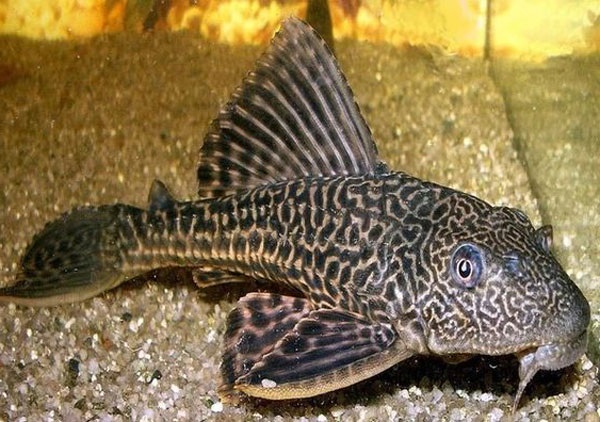
There are many types of Pleco fish with different patterns and colors.
Pleco fish are classified mainly based on appearance, size or breeding line. Below are some common glass cleaner fish species in Vietnam, let's learn more.
| Pleco fish | Physical characteristics | Size | Popularity |
| Common Pleco | Fish are brown, dark gray, with spotted or striped patterns. | 30 - 60 cm | Very popular |
| Bristlenose Pleco | Small mouth. Head has many short, dark-colored whiskers. | 10 - 15 cm | Very popular |
| Albino Pleco | White or pale yellow body, red eyes | 25 - 30 cm | Popular |
| Royal Pleco L190 | Dark brown body, large fins, ebony pattern | 35 - 40 cm | Rare |
| Pleco L173 - Hypancistrus Zebra | The body has black and white stripes interwoven like a zebra. | 5 - 8 cm | Rare |
| Gold Nugget Pleco | Black body with yellow spots like corn kernels | 15 - 20 cm | Rare |
| Vampire Pleco | Jet black, long fins, predatory fish | 25 - 30 cm | Quite rare |
| Snowball Pleco | Velvety black with white spots | 20 - 25 cm | Rare, sought after. |
Pleco fish physical characteristics
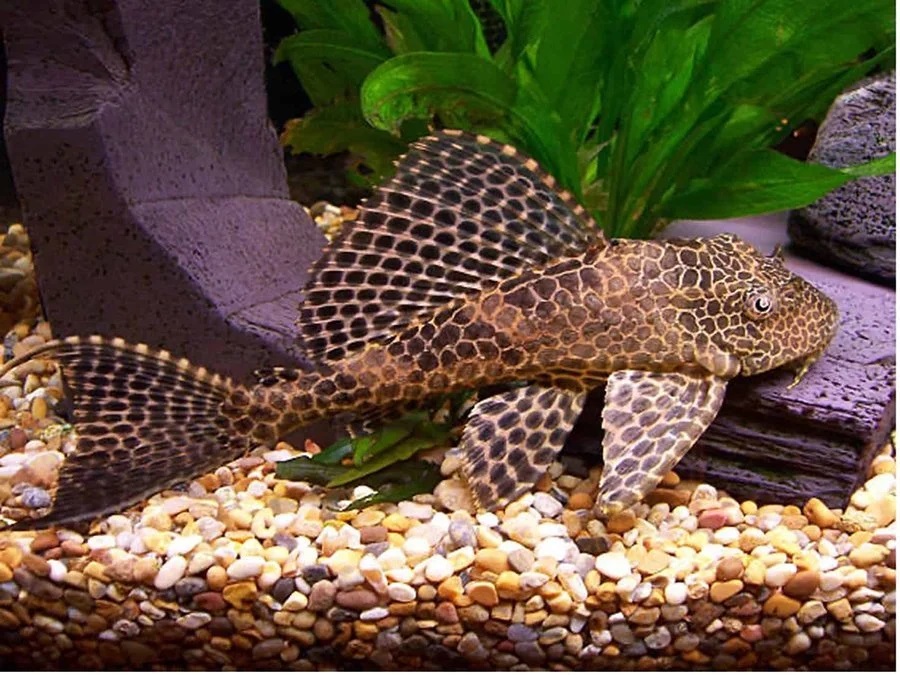
Pleco fish with hard scales, sail-shaped dorsal fin.
Pleco is an ornamental fish with a unique and impressive appearance with rough scales and a characteristic suction mouth. Let's take a closer look at the appearance of this fish.
- Size : Average from 30 - 50 cm, some individuals up to 70 cm long.
- Weight : Up to several kg.
- Shape : Long, flat from top to bottom, large head, body tapering towards the tail.
- Characteristic suction mouth : The fish's mouth is located on the belly, disc-shaped, with suction cups that help them cling tightly to glass, rocks or wood.
- Skin, scales : The whole body of the fish is covered with hard, rough scales like iron armor.
- Color : Commonly brown, gray, black with spots or stripes like leopard or horse skin.
- Fins : The dorsal fin is large like a sail, the pectoral and pelvic fins are also quite developed.
- Eyes : Small eyes, located near the top of the head, can see well in low light conditions.
- Tail : Forked, helps fish move flexibly on the bottom.
Habits of Pleco fish - Glass cleaning fish
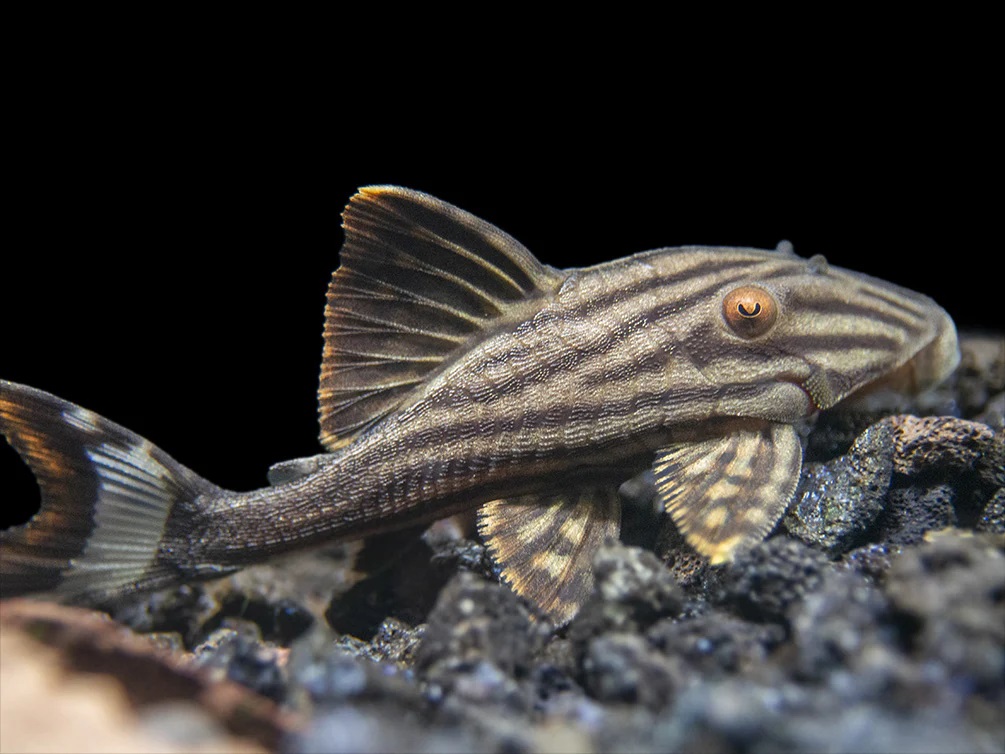
Glass cleaner fish are active at the bottom, like to stick to rocks and glass.
Pleco fish are famous for their ability to clean their glass tanks. Let's learn about some special habits of this fish species.
Gentle
Pleco is a gentle fish, it never attacks other fish in the tank and can be kept with many types of fish such as: Neon Tetra fish , Betta fish , goldfish, Molly fish,...
Clingy and likes to clean
Pleco fish have a sucker-shaped mouth, so they can stick well to surfaces such as glass, stone, wood, etc. They like to lick moss and suck to help clean the tank, so this fish is also called glass cleaning fish or cleaning fish.
Nocturnal, bottom-dwelling
Plecos always hide during the day, they will hide in caves, wood or under rocks. At night they start swimming, active to find food by crawling, slithering along the bottom of the tank.
Omnivorous but plant-oriented
Although Plecos are omnivorous, they prefer to eat more plants, mainly algae, moss, and soft boiled vegetables. They can also eat sinking pellets specifically for the Pleco line.
Some larger Plecos may even gnaw on the fins of weaker fish, but this is quite rare.
Grow fast, live long
Pleco fish can live from 10 to 15 years if properly cared for. Besides, it also has a fairly fast growth rate compared to many other ornamental fish. It can even fast for a month and still be fine.
Instructions for raising Pleco fish properly
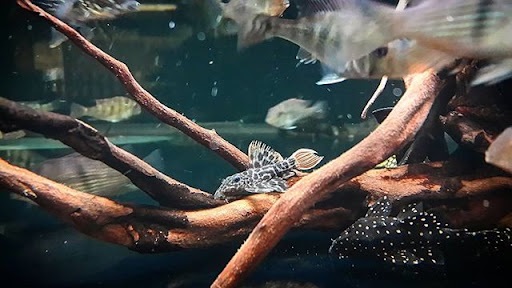
Pleco fish tanks should be decorated with more rocks and large tree roots so that the fish have places to cling.
Nowadays, Pleco fish are popular with aquarists. However, not everyone knows how to raise this fish. If you intend to try your hand at glass cleaner fish, please refer to the instructions below.
Preparing the Pleco Fish Tank
First, you need to prepare a fish tank that meets the following basic requirements:
- Tank capacity : Minimum 60 liters for small fish under 30 cm, from 100 - 300 liters for larger Pleco lines.
- Water temperature : Maintain stable between 24 - 30 degrees Celsius.
- Water pH : 6.5 - 7.5
- Hardness : 5 - 15 dGH
- Filtration and aeration system : Should be available to give Pleco a clean, oxygen-rich water environment.
- Light : Do not install strong LED lights because this fish prefers low light.
- Tank decoration : Should decorate cave rocks, ceramic tubes, driftwood to create shelter during the day for fish.
What do pleco fish eat?
Many people mistakenly think that Pleco is a tank cleaner fish so it does not need to be fed anything, this is completely wrong because this fish still needs to be fed with some additional foods as follows:
- Boiled vegetables such as cucumber, carrots, spinach,...
- Sinking pellets for bottom fish.
- Natural driftwood.
- Limit feeding them too much algae because algae does not provide enough nutrients for fish to grow.
Pleco Fish Health Care
An important thing to help your glass cleaner fish stay healthy is that you need to pay attention to their health and unusual signs so that you can handle and treat them promptly.
Signs of healthy glass cleaner fish :
- Shiny skin, active at night.
- Fish cling to glass and suck rocks flexibly.
- Smart fish.
- Fish have solid stools, not white or slimy.
Signs of abnormal pleco :
- The fish just lies in one place all day.
- Fish are thin despite being well fed - may be infected with intestinal parasites.
- Fish with scratches or sores - may have a fungal or bacterial infection.
- Fish has white, slimy stools - Fish infected with intestinal parasites.
How to treat sick fish :
- Isolate sick fish from the tank.
- Use antifungal, antiparasitic or mild antibiotics for aquarium fish.
- Change water and clean aquarium regularly.
Reproduction in Pleco Fish
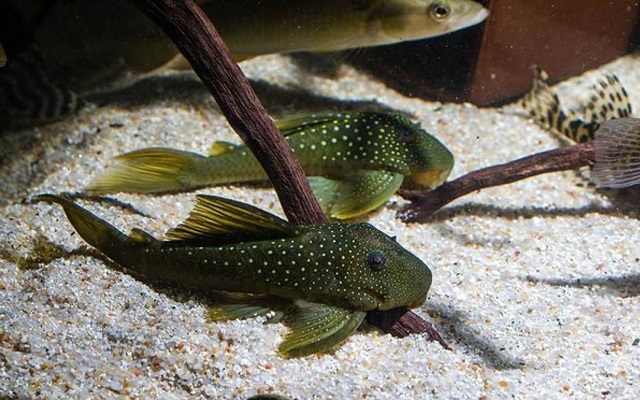
Male and female glass cleaner fish should be separated into separate tanks to prepare for breeding.
Breeding Pleco fish is not difficult, however, not all Pleco species can be bred in captivity. If you want to try breeding Pleco fish, you should choose the Bristlenose Pleco strain because it is quite common and easy to breed.
Distinguishing male and female Bristlenose Pleco :
- Bristlenose Pleco male: Long, thick, branched antennae on head.
- Female Bristlenose Pleco: Small or even no whiskers, larger belly, rounder body.
Reproductive stimulation :
- Feed fish lots of vegetables and protein rich foods.
- Maintain dim, weak light to stimulate fish spawning.
Reproduction process :
- The male fish will choose a safe cave and then lure the female fish into it.
- Female fish lay eggs in caves, laying from 30 to 100 eggs at a time.
- The male fish is responsible for guarding the eggs. After 4 - 7 days, about 70% of the eggs will hatch into fry.
- Feed baby Plecos with spirulina powder, crushed cucumber or baby fish powder.
Pleco Fish - Glass Cleaner Fish is a dangerous invasive species
Although Pleco is a popular aquarium fish due to its ability to clean tanks, it is actually a dangerous invasive species in Vietnam and many other countries for the following reasons:
- Ability to survive well in the wild, with many harsh conditions such as polluted water and lack of oxygen.
- Reproduction and growth rate is fast, if released into the wild, it will compete for food, taking the place of many native fish species.
- Harmful to the aquatic environment when it has the habit of digging burrows, overturning the bottom, making the water cloudy, damaging the structure of mud and lake banks.
- It has no natural predators because it has hard scales like armor that protect it from other predators.
Currently, in Vietnam, especially in the Mekong Delta and the Southeast region, a large number of Pleco fish have been recorded in the wild due to human awareness.
Pleco fish price list
Right below, we have compiled the most popular Pleco fish price list in Vietnam, please refer to it.
| Pleco fish | Reference price |
| L134 – Leopard Frog Pleco | 200,000 - 400,000 VND/child |
| L183 – Starlight Pleco | 150,000 - 500,000 VND/child |
| L190 – Royal Pleco | 700,000 - 3,500,000 VND/child |
| L240 – Galaxy Pleco | 400,000 - 500,000 VND/child |
| L264 – Sultan Pleco | 250,000 - 450,000 VND/child |
| L397 – Red Tiger Pleco | 200,000 VND/child |
| L330 – Watermelon Pleco | 1,300,000 - 1,500,000 VND/child |
| L27D – Scarlet Pleco | About 1,500,000 VND/child |
Note when buying Pleco glass cleaning fish :
- Imported Pleco fish always have a higher price than domestic fish.
- You should only buy fish at reputable stores to ensure origin, quality and price.
Beautiful Pleco Fish Pictures
Explore the collection of the most beautiful and unique Pleco fish photos with many impressive colors and patterns to fully appreciate the thorny beauty of this fish species.
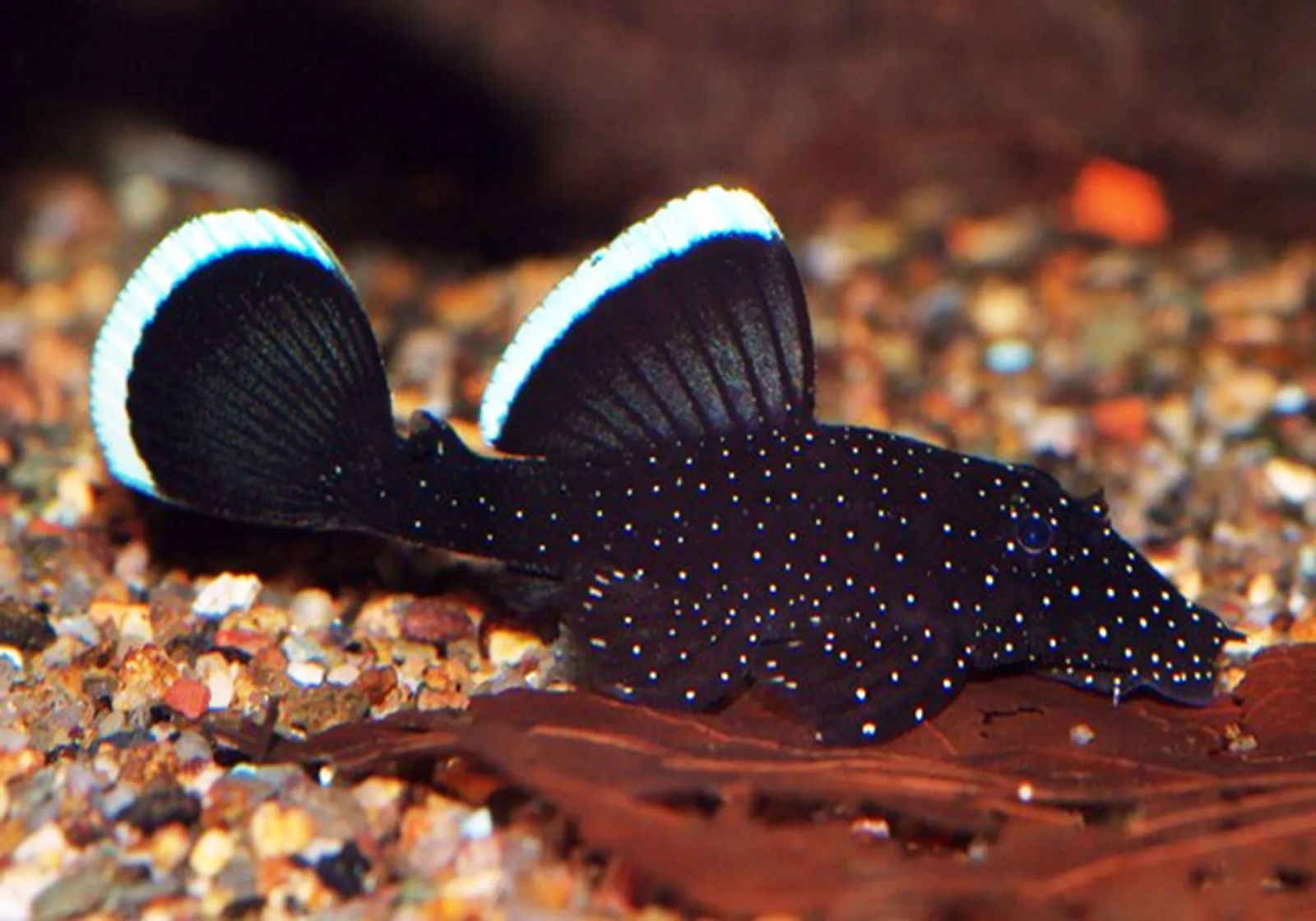
Pleco L183 is super beautiful.
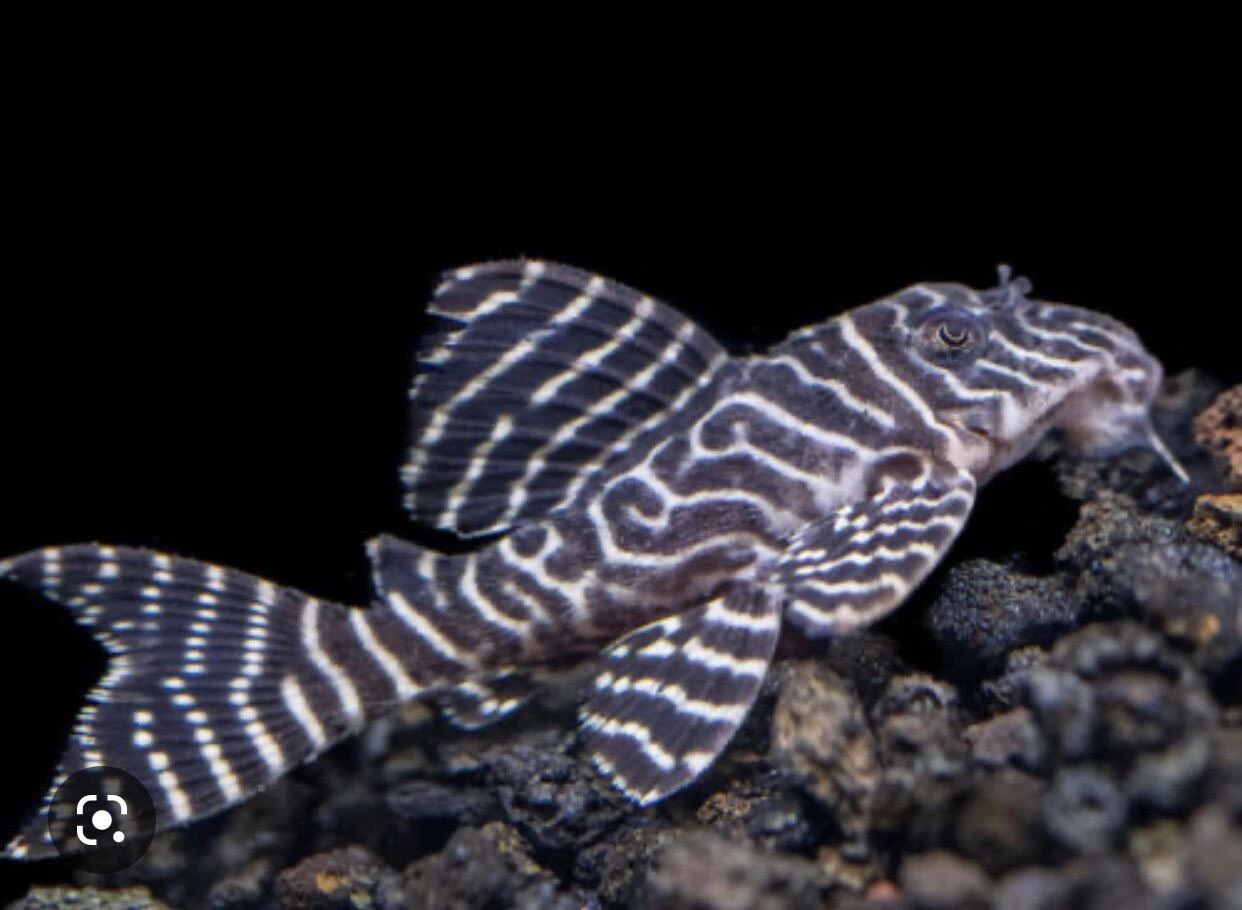
Pleco L333 with zebra pattern.
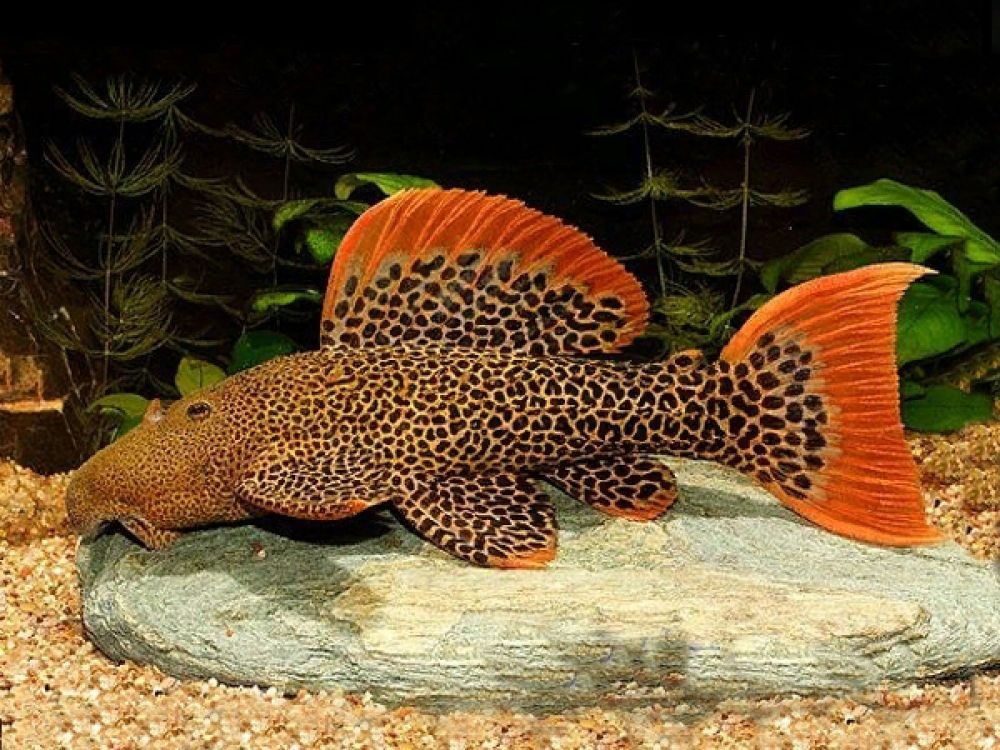
Pleco L600 with colorful colors and patterns.
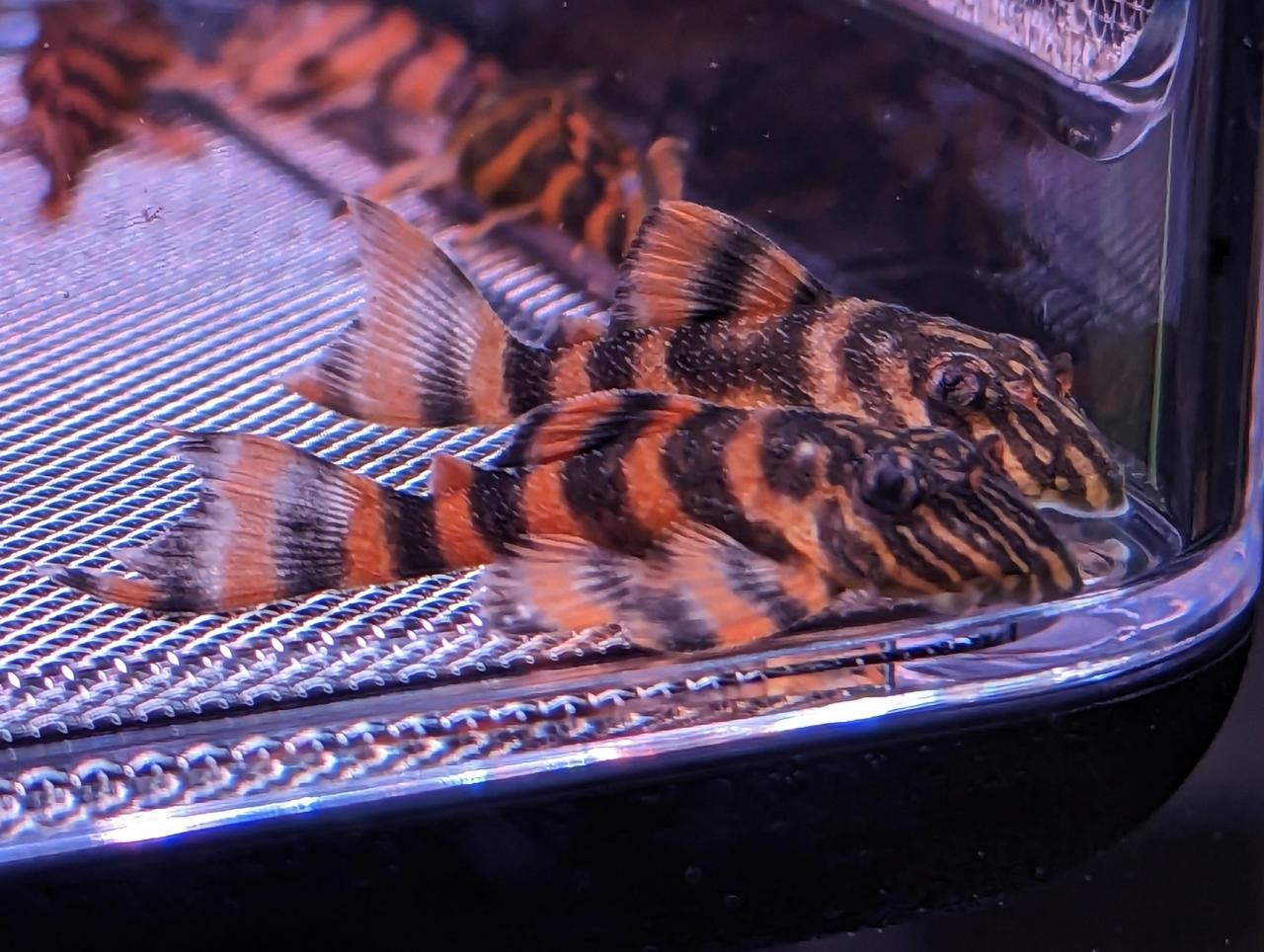
Pleco L397 with prominent black and orange stripes.
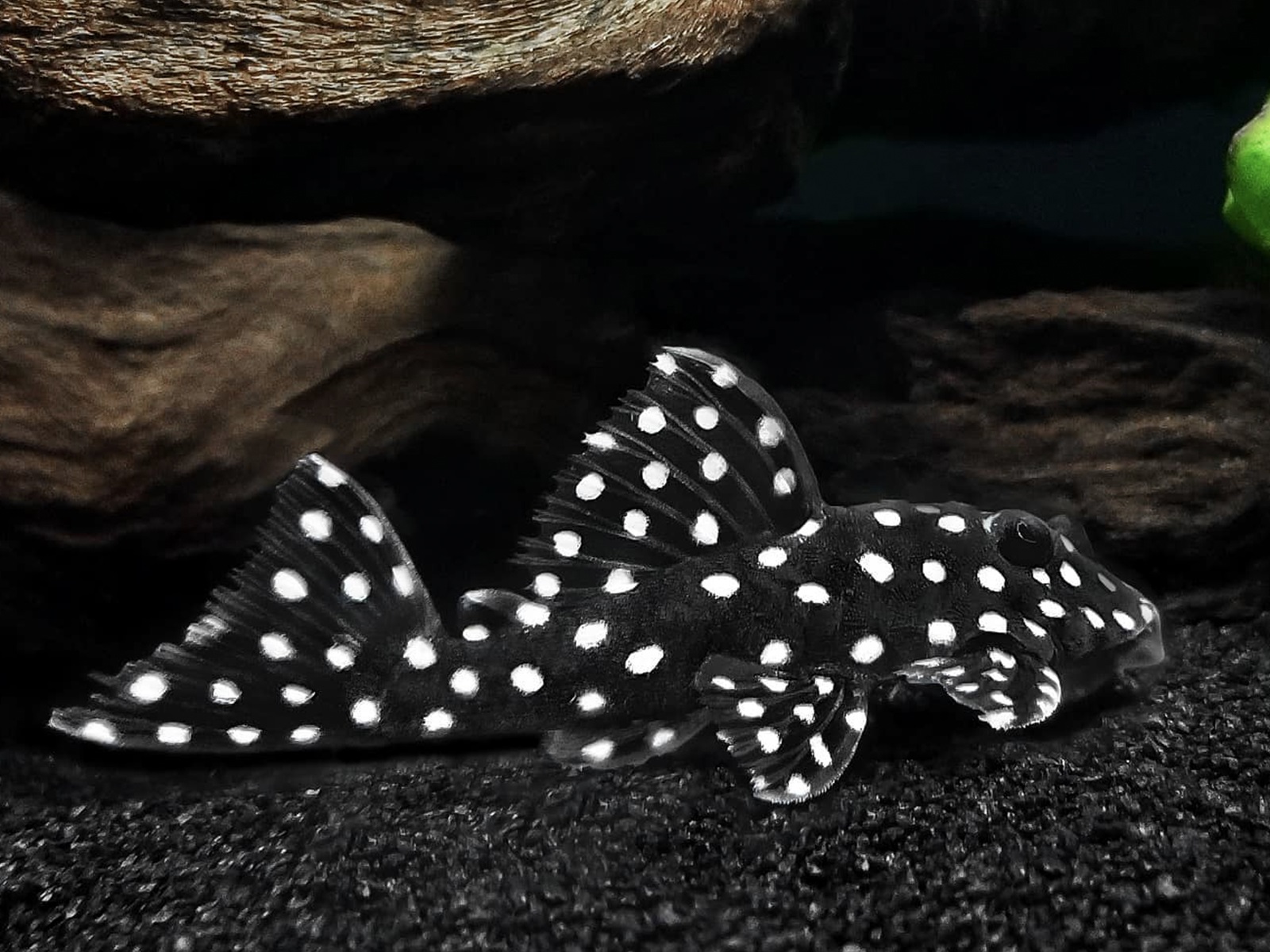
Pleco L240 with white spotted pattern on black velvet background.
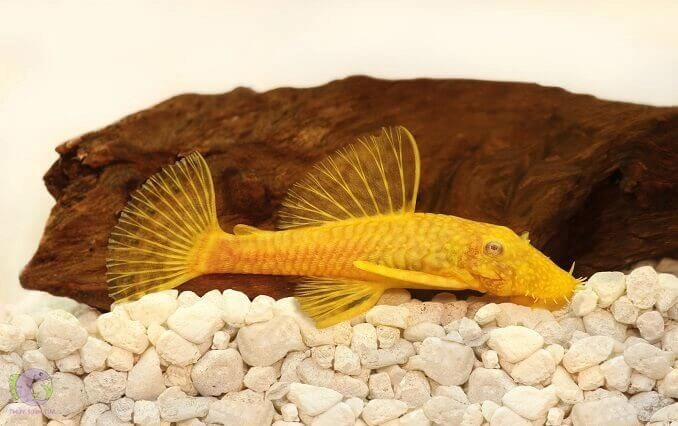
Pleco gold L144.
Through the above article, nicefish.net has introduced to you about Pleco fish - glass cleaning fish in the most complete and detailed way. We can see that this is not only a beautiful ornamental fish but also useful, suitable for aquariums. However, you also need to note that this is an invasive species, so absolutely do not release Pleco into the wild.
If you are looking for more beautiful aquarium fish, please read other articles in our Blog section!
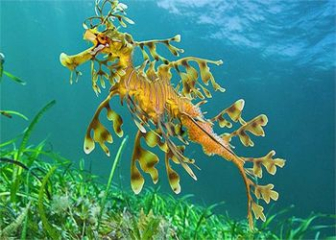
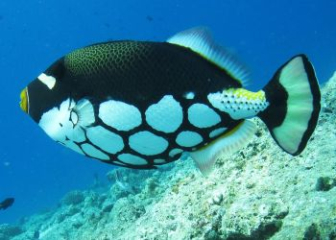
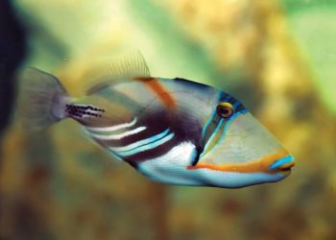
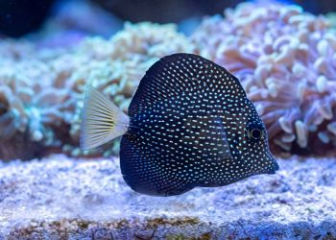
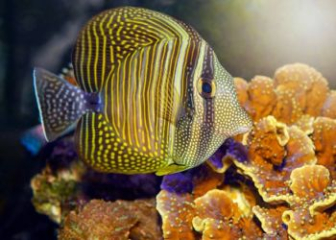
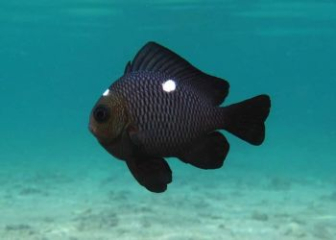
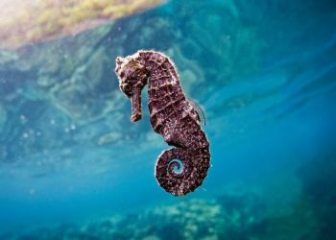
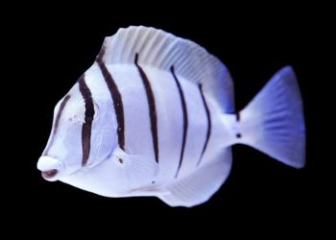
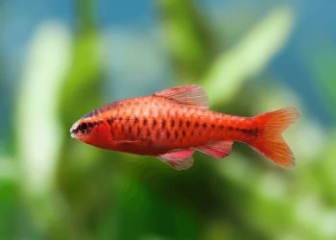
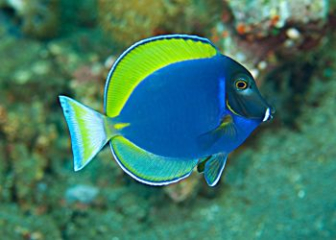
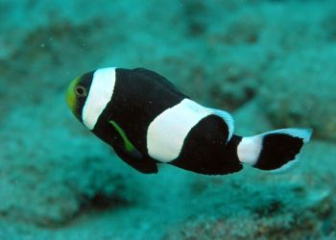
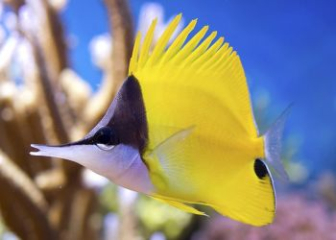
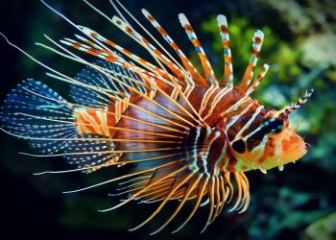
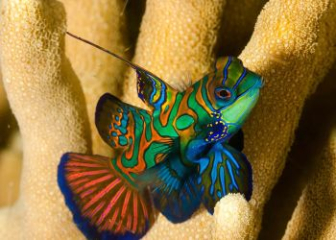
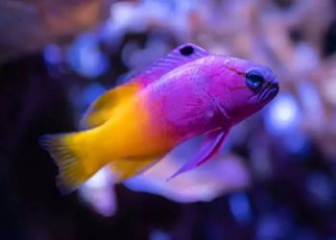
_350x250.jpg)
